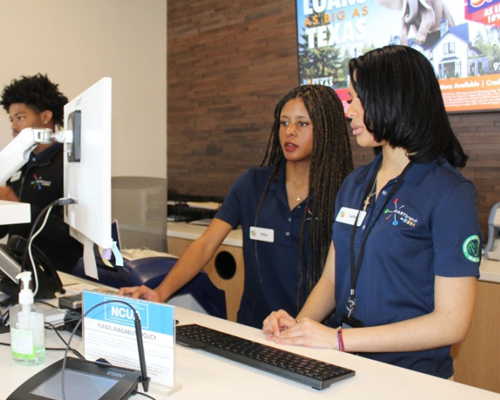




Save the Date!
Enrollment for the 2026–2027 school year opens February 24.

Career and Technical Education Month
This CTE Month, we celebrate how our 31 programs prepare students for the world of work through career-focused programs.

As we celebrate Black History Month, let’s educate ourselves and others on the important contributions and achievements of Black Americans throughout history.

Magnet Schools Month
Richardson ISD magnet schools feature interest-based programs that connect students to unique opportunities.

Elementary Magnet and Choice Tours
Tours Available: December – February.
Application Deadline: February 28, 2026

News & Updates

Class of 2026 Top 10
Congratulations to each of these outstanding class of 2026 seniors, their families, and their teachers.
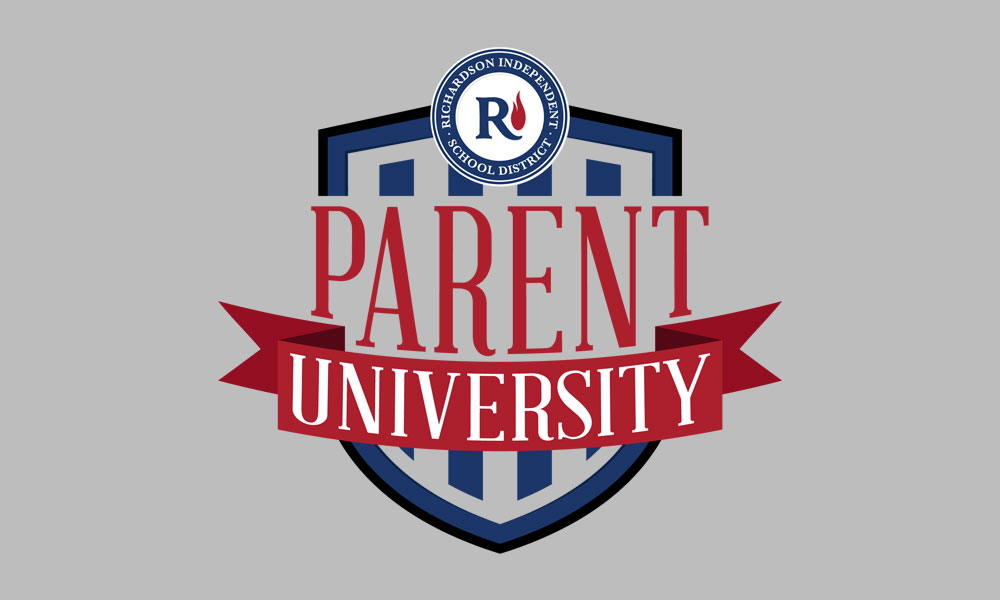
Parent University – Understanding Autism
Join us for “Understanding Autism: Visuals, Tools, and Future Planning” on February 19th at 6:00 p.m.

National Signing Day
RISD student-athletes signed letters of intent on National Signing Day, Feb 4, 2026 to further their academic and athletic careers in college.

Career and Technical Education Month
Career and Technical Education prepares all students for the world of work through intentional and meaningful career-focused programs of study.

Richardson ISD Makes History with Its First-Ever HBCU Fair
The event brought opportunity, inspiration, and possibility together under one roof.

Four RISD Schools Recognized on the 2025 Texas Honor Roll
The Educational Results Partnership (ERP) awards top-performing schools in Texas for outperforming their peers in closing achievement gaps.
#RISDBeTheOne
Every Child. Every Teacher. Every Leader. Every Day.
Every student, teacher, and leader will meet or exceed their academic growth goals.
Points of Pride
National Dell Scholars
97 Seniors named National Dell Scholars since 2009
Class of 2025
Earned A College, Career, And Military Readiness Indicator
TEA Academic Distinctions
30 RISD schools earned 101 TEA Academic Distinctions
Consecutive Years
Named “Best Communities for Music Education” by NAMM
Certifications
Students earned 2,582 industry certifications in 2024-25
District Distinctions
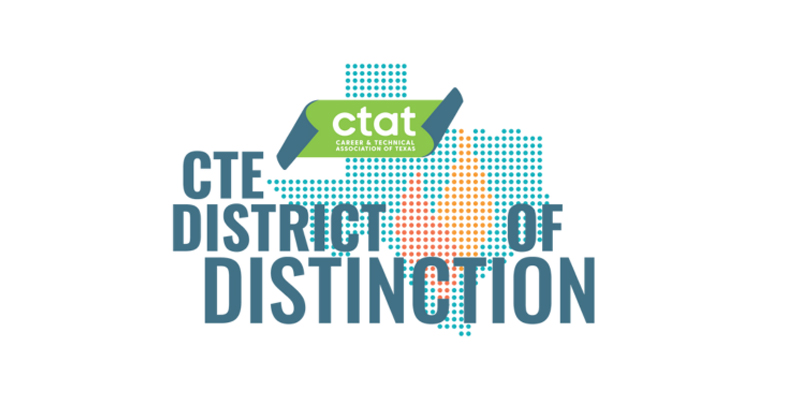
District of Distinction
Richardson ISD is among less than 6% of school districts in the state to receive this honor
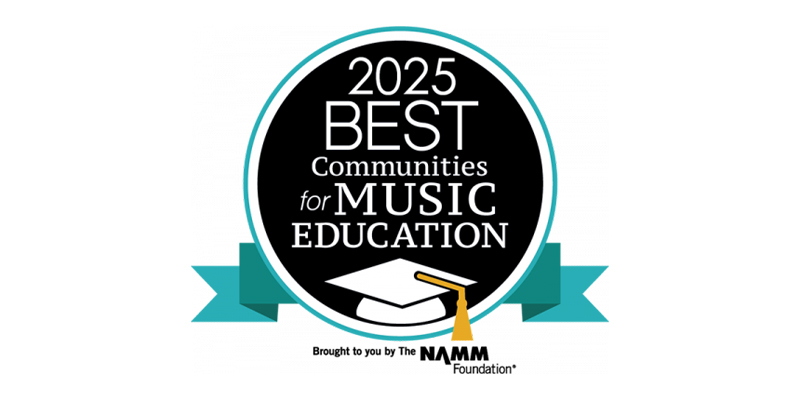
Proud BCME District
RISD named a Best Community for Music Education for the 14th consecutive year
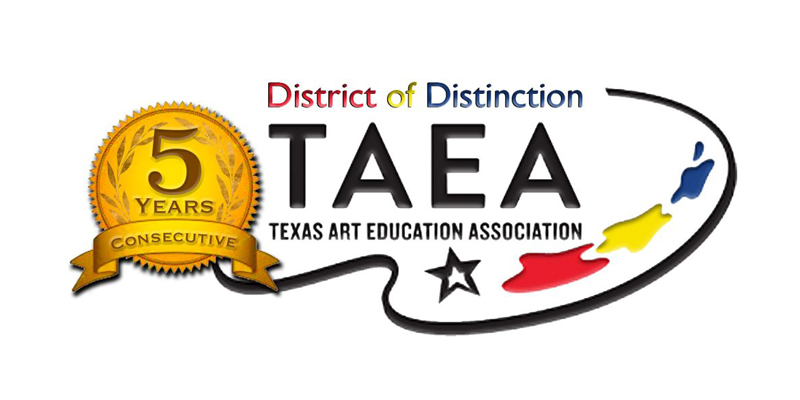
District of Distinction
RISD has been named TAEA District of Distinction for Fifth Consecutive Year
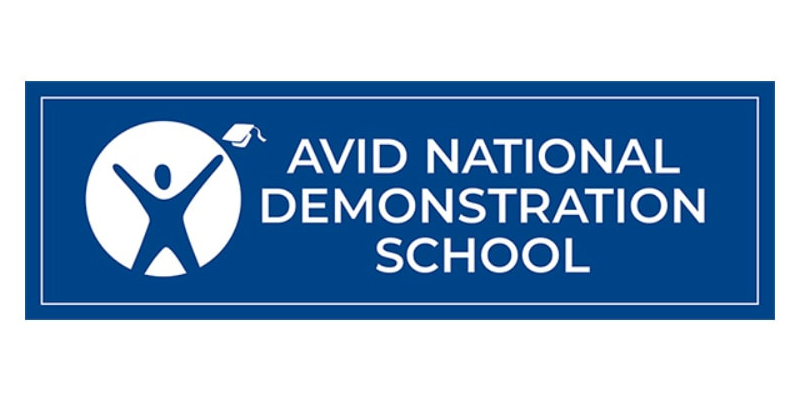
Demonstration Schools
RISD is home to two AVID National Demonstration Schools
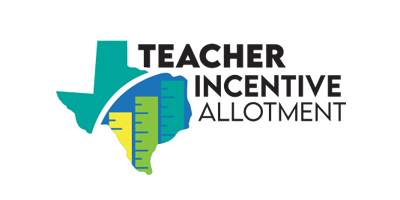
Teacher Incentive Allotment
The TIA program provides additional funding to increase salaries for highly effective teachers

